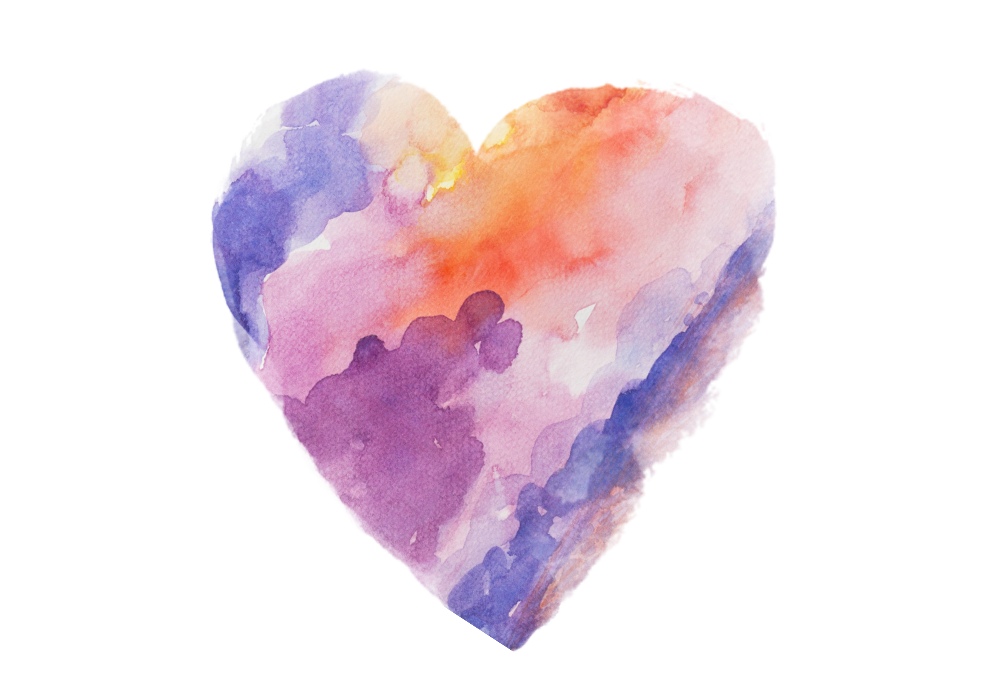By Jason Troyer, PhD
Whether you are actively grieving a loved one or you are simply dealing with the ever-present challenges of life, we all seek sources of meaning, inspiration, and perspective. We long to feel healed, be moved, and feel connected to something larger than ourselves. We may find these sources in a person or a book. But for many of us, we look to a specific place. These holy places have a unique ability to make us feel right again.
When I mention ‘holy places,’ you might picture a familiar place of worship or a majestic cathedral. And certainly, these places can be special to us. But my holy place and source of comfort, inspiration, and perspective is more common: a country cemetery.
Decades ago when I was in graduate school, I chose to live by myself. Although this allowed me to focus on my studies and avoid “roommate drama,” it could be lonely at times. Furthermore, balancing graduate studies, a dissertation, work, love, and loss could feel overwhelming. Like many 20-somethings, I was still figuring out what I would do with my life and what was important to me. At times, I’d lose perspective on what really mattered and would worry obsessively about insignificant things. When I was feeling anxious, despondent, and the walls of my apartment felt like they were closing in, I’d take a trip to the cemetery.
It would take me about 30 minutes to drive the rural highways out of town to get to my chosen rural cemetery. This was plenty of time to sing along to my favorites. Being a child of the 80s and raised in Iowa, my choice of music would be Tom Petty, Boston, Kansas, Styx, Journey, REO Speedwagon, Toto, Survivor, Def Leppard, Huey Lewis, and more. I’d sing my lungs out the whole way.
Upon arriving, I’d spend time walking slowly among the grave markers and would look at the surrounding trees and lake. I didn’t know a soul buried there. This wasn’t a visit to an relative; I had a different intention.
As I walked, I would look at names and dates. I always noticed dates that matched my own birthday or the birth dates of family and friends. It was interesting to see how names changed over time. I wondered about the children buried there – what had happened and how sad it would be to lose a child. And I grieved for families when I saw multiple children’s markers lined up in a row.
Inevitably, an important question would come to mind: “What would they tell me if they could?” This was especially relevant when I saw a grave marker with someone who died in their teens or 20s. What did they wish they could have done if they had known their time was limited? What worries would instantly be washed away if they knew they had only a month or a day left. I don’t find these questions depressing. In fact, they would help me regain perspective – like I was zooming out from the silly minutiae to have a better view of what really mattered.
I would get back in my car. Always in a better mood and with a fresh perspective on life. Huey Lewis and I would sing “The Power of Love” and “Jacob’s Ladder” on the way back.
In his book Uh-Oh, Robert Fulghum tells the story of a woman who has lost her way in life. Her psychiatrist writes down a prescription and hands it to her: “‘Spend one hour some Sunday watching the sunrise while walking in a cemetery.’ She did. She got in touch with the big picture again.” Yes. Yes, indeed.
It’s worth taking a moment to break this down. The drive would get me out of my apartment. I’d likely stop at a gas station, buy a can of Mountain Dew, and exchange a few pleasantries with the attendant – a chance to reconnect with the world. The sun would hit my skin and my eyes; we know that even brief forays outside improve our mental health. Singing songs I knew by heart helped reset my brain to focus on joy, and singing loudly forced me to breathe deeply. I have often wondered if one of the most powerful effects of music is that it makes us breathe deeply and in a slow rhythm – like tricking us into deep, diaphragmatic breathing, but without boring us to tears.
I would spend time in nature looking at the grass, trees, and the nearby lake. I was taking time to replace the greys and browns of the concrete city with the greens and blues of nature. And the grave markers provided a much needed reminder to spend less time worrying about the little things and use that energy to work toward the big things. The dates on the markers were clear and powerful signs that life is short and few things are guaranteed.
For some, this may seem morbid or macabre. Cemeteries may mean something completely different to you. But I believe the core lesson is valid. When we are hurting and need inspiration and comfort, we must rediscover our holy places. The coffee shop we haven’t been to for years, the museum that always puts us in a positive mood, the nature trail with the little waterfall that always makes us smile. We must find a way to get there and let the power of these healing places work their magic.
As much as I believe in the power of meaningful places, I feel I should warn you. Healing places won’t erase your grief. There are no cures to be found there. But our healing places can help us connect to a larger sense of meaning. They can help resurface strengths we once had and can provide sacred time to search for the answers we seek. They can provide a safe capsule in which to experience our grief and continue to heal.
There are times for traditional rituals. I certainly believe in the power of funeral rituals and religious traditions. But I worry that we discount the nontraditional rituals that may be central to our long-term grieving process. Are my cemetery visits a traditional ritual? Nope. No congregation or clergy. No candles or holy books. Just a private moment on a Sunday afternoon that made the experience, for me at least, holy.
Dr. Jason Troyer
August, 2023

